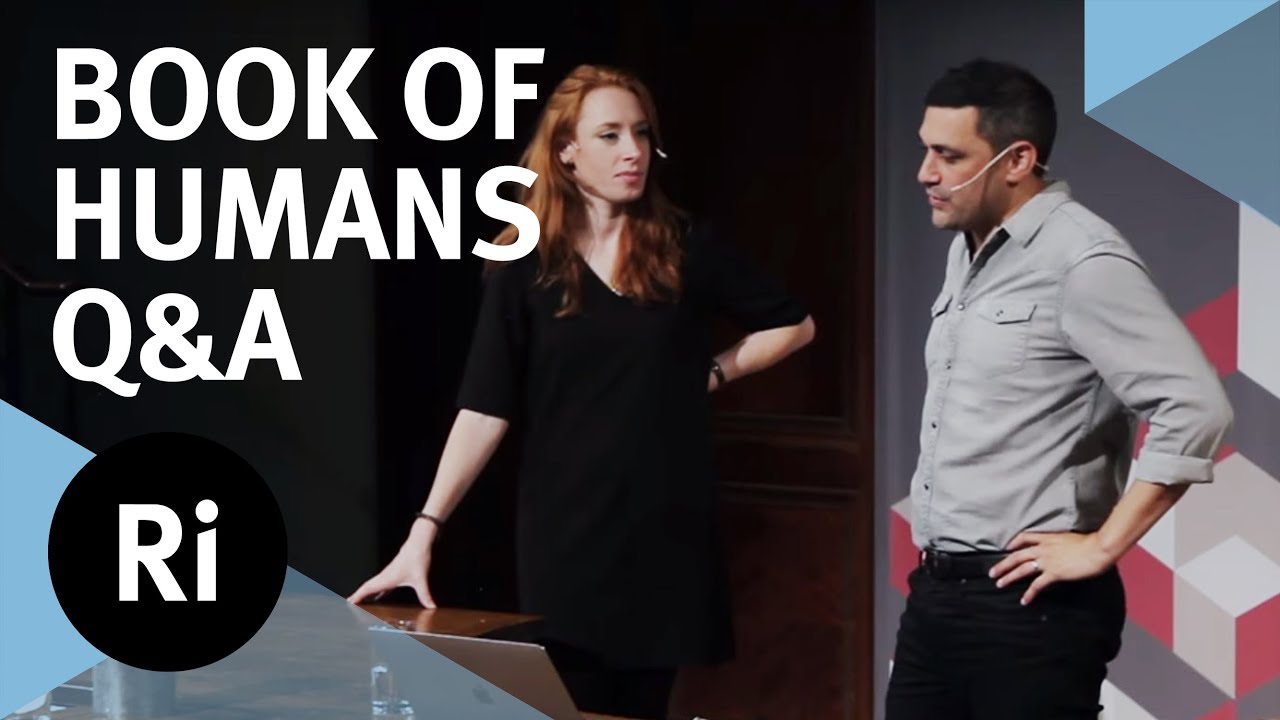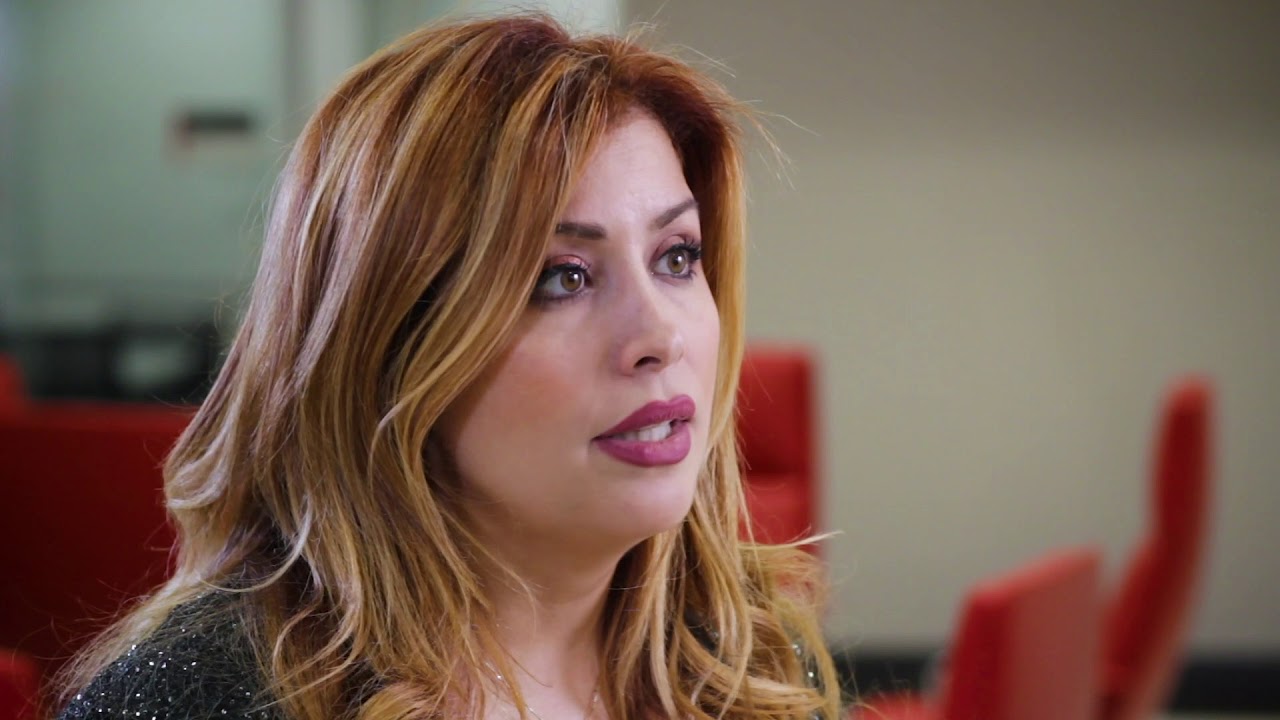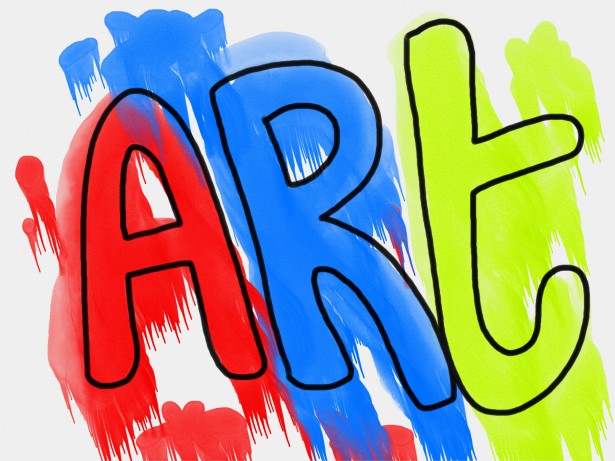The Royal Institution
What role does consciousness play? Dow did religion develop? Adam Rutherford answers audience questions following his talk.
Subscribe for regular science videos: http://bit.ly/RiSubscRibe
Watch the Q&A: https://youtu.be/Qz1mvraetEU
Dr Adam Rutherford is a science writer and broadcaster. He studied genetics at University College London, and during his PhD on the developing eye, he was part of a team that identified the first genetic cause of a form of childhood blindness. He has written and presented many award-winning series and programmes for the BBC, including the flagship weekly BBC Radio 4 programme Inside Science and The Curious Cases of Rutherford & Fry with Dr Hannah Fry. He is the author of two previous books, Creation, which was shortlisted for the Wellcome Trust Prize, and A Brief History of Everyone Who Ever Lived.
Our chair for the evening, Dr Hannah Fry, is an Associate Professor in the mathematics of cities from University College London. In her day job she uses mathematical models to study patterns in human behaviour, and has worked with governments, police forces, health analysts and supermarkets. Her TED talks have amassed millions of views and she has fronted television documentaries for the BBC and PBS; she also hosts the long-running science podcast, ‘The Curious Cases of Rutherford & Fry’ with the BBC.
This talk and Q&A was filmed in the Ri on 12 September 2018.
—
A very special thank you to our Patreon supporters who help make these videos happen, especially:
Alessandro Mecca, Ashok Bommisetti, Avrahaim Chein, bestape, Elizabeth Greasley, Greg Nagel, Lester Su, Manish Upmanyu, Rebecca Pan, Robert D Finrock, Roger Baker, Sergei Solovev and Will Knott.
—
The Ri is on Patreon: https://www.patreon.com/TheRoyalInstitution
and Twitter: http://twitter.com/ri_science
and Facebook: http://www.facebook.com/royalinstitution
and Tumblr: http://ri-science.tumblr.com/
Our editorial policy: http://www.rigb.org/home/editorial-policy
Subscribe for the latest science videos: http://bit.ly/RiNewsletter
Source




I'm not sure what the content of someone's trousers has to do with the validity of that person's question.
put two or more creatures in a box, if they are not trying to kill or eat each other, they will be trying to communicate. Of course, Neanderthal's talked !
I think Hyenas are an EVEN BETTER example of the point Peterson was trying to make, that hierarchies are a fundamental product of biology, because it's evidence that they even form inversely across the genders in other species. Goddam, it's frustrating how people (almost wilfully) miss his point. He wasn't saying "patriarchal hierarchies are good because the lobsters do 'em". He was saying hierarchies are nigh on INEVITABLE in many species that share similar neurological make ups, even ones as old and distant as lobsters, and therefore they're not just some recent product of capitalism. So addressing them at the level of analysis of capitalism is widely missing the mark. IT WAS A MARXIST CRITIQUE.
really great talk
The talk and the q&a was good, but Dr. Fry is absolutely amazing… as always.
Nineteenth century language is not sexist. Man refers to humanity as a whole.
I love that jab at Peterson at the end
To my knowledge, the main purpose of Dr. Jordan Peterson discussing lobsters was to provide evidence for hierarchy. It appears to me that Dr. Adam Rutherford inherently agrees with this claim of hierarchy as he consitently uses descriptions of hierarchy, such as the patriarchy he described in giraffes or the matriarchy he described in hyenas. Although, Dr. Jordan Peterson makes claims about the neurochemistry of lobsters, in reference to the use of serotonin, this was not the main purpose. It can be stated though, that through evolution, something both of them, again, agree about, neurochemistry plays a role in hierarchy formation.
Stating that hierarchies exist and that they have some amount of connection to biology should seem like an obvious statement to anyone who is able to observe organisms and believes in a material world. Yet, obvious statement or not, as individuals believing in the use of logic and reason we are required to provide evidence to support or refute hypotheses. Thus, using lobsters as an example can demonstrate that due to their evolutionary distance to humans, hierarchies exist and have some connection to biology.
Due to Rutherford pointless jab at Petterson and his comments stating he would like to have the questing oscillate from male to female. I think it safe to assume that Rutherford believes in postmodern philosophy to some degree, and when you look at the audience and see that there are more men in the audience you must conclude that in his attempt to be inclusive he is actually giving the men less of an opportunity to s[eek and the women a disproportionate amount. This seems to be the point where you objective of equal opportunity turn to an oppressive attempt to change the equality of outcome.
What on earth does Rutherford mean by Human "level" consciousness? Are we on a level relative to other consciousnesses? Is there a hierarchy he's talking about? Come on man. Maybe human "type" consciousness, but level?
Evolving the ability to speak and not speaking would be a waste of energy. It seems highly likely that Neanderthals spoke.
12:15. James Burke (Connections) covered that. People ascribe exaggerated proportions, and therefore importance, to feet, hands, sexual organs. And oftentime, female breasts.
What happens to our humanity when many brains (millions to billions) are connected via Neuralink on the internet, will we become a global cyborg human hive mind?
wrong about human speech being so far above other animals. We can't say how complex other animal speech is.
Perfect answer in the end. Don't know what that stuff was about lobsters though. I guess people have all kinds of ridiculous ideas that sometimes gain enough attraction to deserve a 6 second debunking in a sidenote. 🙂
Isn't our hability of inervison that make us diferente from all other species?
Now I want to listen to a lecture dedicated entirely to the weirdness of the animal sex. Will RI invite someone to do that?
Alice Roberts <3
"Religion" is really as difficult to define as "consciousness". The assumption that religion is limited to the worship of or belief in "gods" is a culturally bound idea. Also the idea of "agency" being at the root of "religion" I believe is wrong. "Agency" may well be at the root of belief in gods, but not the origin of the religious impulse. In my opinion, the religious impulse is based on transcendence, which is a process rather than an idea. That it most often does get bound up with agency, as well as all sorts of historical, cultural trappings, (including ritual) in formal religions is true. And, tangentially, neuroscientists are now suggesting that there is a specific area of the human brain that responds to "ritual" (whether one likes that word or not).
It looks like the Dr. has a crush on Adam.
Thank You. Excellent
Given that I have the name Fox it is hard not to take the name of the fox b2 gene personally,